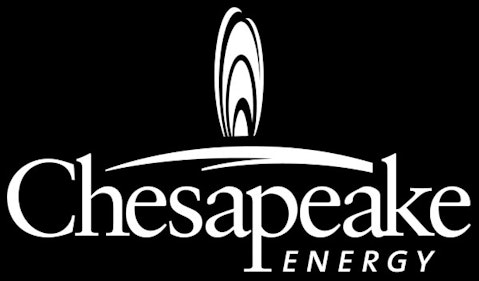Corporate bonds have become an integral part of the income investment thesis in recent years, as depressed interest rates have sent investors looking for fresh yield ideas. The rub about those low interest rates is that high-grade corporate bonds are not particularly racy in yield terms.
Issuers with good credit have taken advantage of the low interest rate setting to roll out billions of dollars worth of corporate bonds. In some instances, those bonds yield less than stocks of the issuing firms. Take the $24 billion iShares IBoxx $ Invest Grade Corp Bd Fd (NYSEARCA:LQD) as an example.
LQD is home to over 1,000 holdings, so no single issue dominates the fund. The ETF’s four largest issues come courtesy of Wells Fargo & Company (NYSE:WFC), AT&T Inc. (NYSE:T), and Wal-Mart Stores, Inc. (NYSE:WMT). LQD has a trailing 12-month yield of 3.95 percent, indicating investors could do better with shares of AT&T, which yield 4.7 percent.
With yields low on investment-grade corporate bonds the soaring popularity of junk bond ETFs is understandable. There is rub here as well. That being higher-yielding bonds often mean taking on greater risk.
The positive way of looking at that scenario is to say from great risk comes greater rewards. So rather than owning junk bonds or the corresponding ETF, is it wise to consider equity in companies that dwell in non-investment grade territory. Some of the following stocks might hold clues about the answer to that question.
Chesapeake Energy Corporation (NYSE:CHK)
Chesapeake, the second-largest U.S. natural gas producer, issued $1 billion worth of junk bonds in 2011. The company’s junk status is not surprising given that earlier this year investors were made aware of a potential $9.9 billion 2012 funding shortfall.
While it is still fair to call Oklahoma-based Chesapeake a somewhat controversial name, it also must be noted the company has been diligent about selling assets to raise in 2012. In addition, there is no shortage of chatter regarding an outright acquisition of Chesapeake by a larger rival.
That alone is not reason enough to buy the stock, but it appears the worst news is priced into the shares. The near-term issue is not Chesapeake’s credit rating, but rather a rapid ascent off the stock’s May bottom that perhaps indicates the shares are overbought.
Caesars Entertainment Corp. (NASDAQ:CZR)
The casino operator is locked in a dubious battle: Which stock will be 2012’s worst IPO? Caesars or Facebook Inc (NASDAQ:FB)? Right now, Caesars is “winning” that battle, having plunged 53 percent since its February IPO.
Debt of $19 billion means Caesars needs to find ways to ensure its gamblers do not win very often. Humor aside, that debt means Caesars has more than triple the burden of Las Vegas Sands Corp. (NYSE:LVS) and about six times the debt of Wynn Resorts, Limited (NASDAQ:WYNN).
Given the difference in sectors, a comparison of Caesars and Chesapeake might seem like apples-to-oranges. Ignoring that, Caesars is clearly the higher risk bet.
Peabody Energy Corporation (NYSE:BTU)
The largest U.S.-based coal producer hit the market late last year with a $2.75 billion high-yield bond issue to help finance its $4.9 purchase of Macarthur Coal and that offering was later boosted to $3.1 billion.
Peabody is not deep into junk territory as most of its bonds are rated in the middle of the road. The risk with the stock is clear. Low natural gas prices and a slowing global economy have hampered coal stocks. As a result, Peabody recently lowered its 2012 capital expenditure plan and said it would defer early-stage projects.
On the upside, Peabody’s exposure to metallurgical coal is among the best of the U.S. coal companies. Metallurgical coal is the coal variety used to make steel and that could give Peabody some room to run as China moves forward with its massive infrastructure stimulus program.
This article was originally written by Gordon Wilcox and posted on Benzinga.






